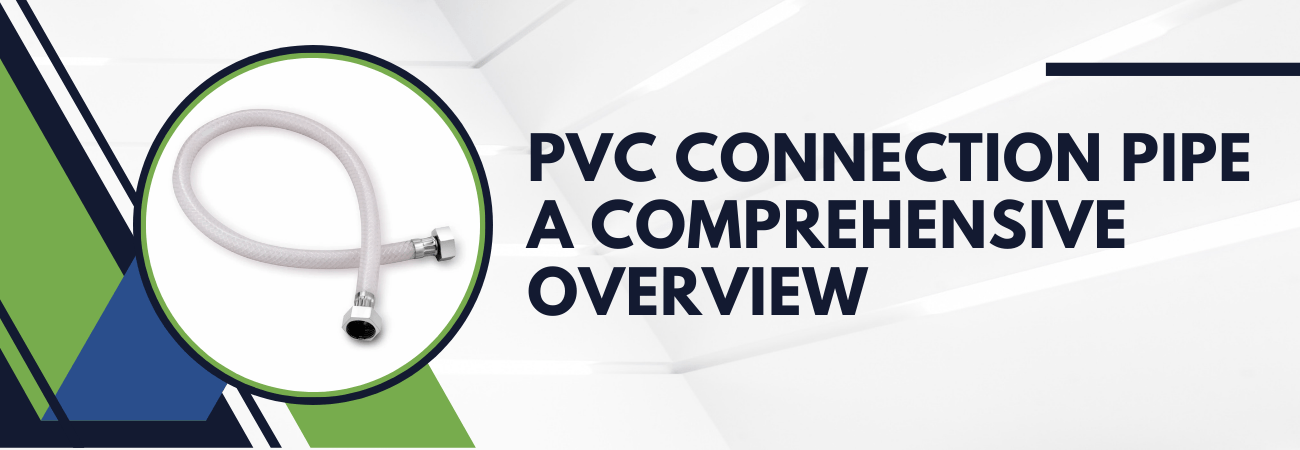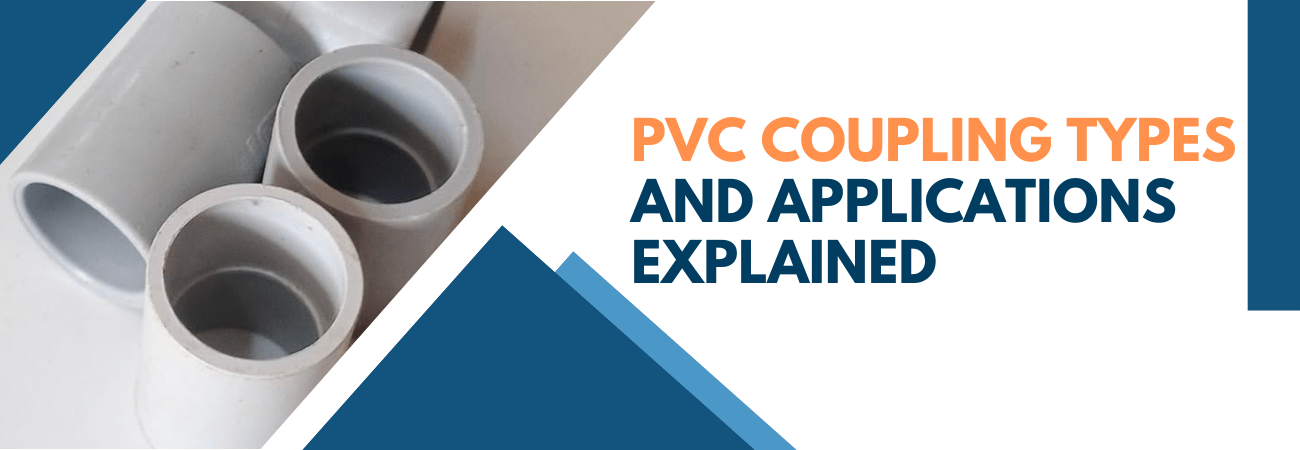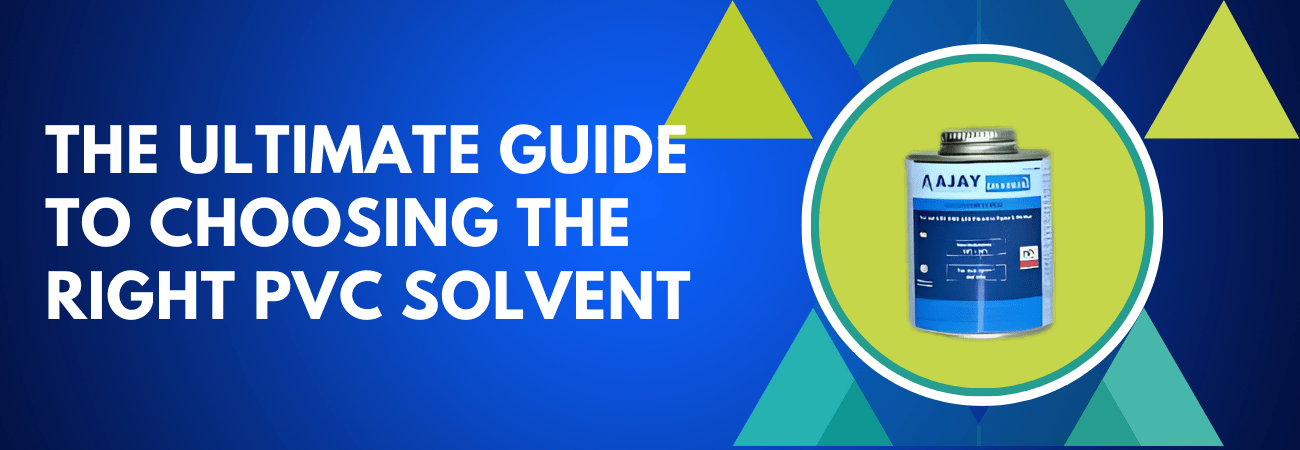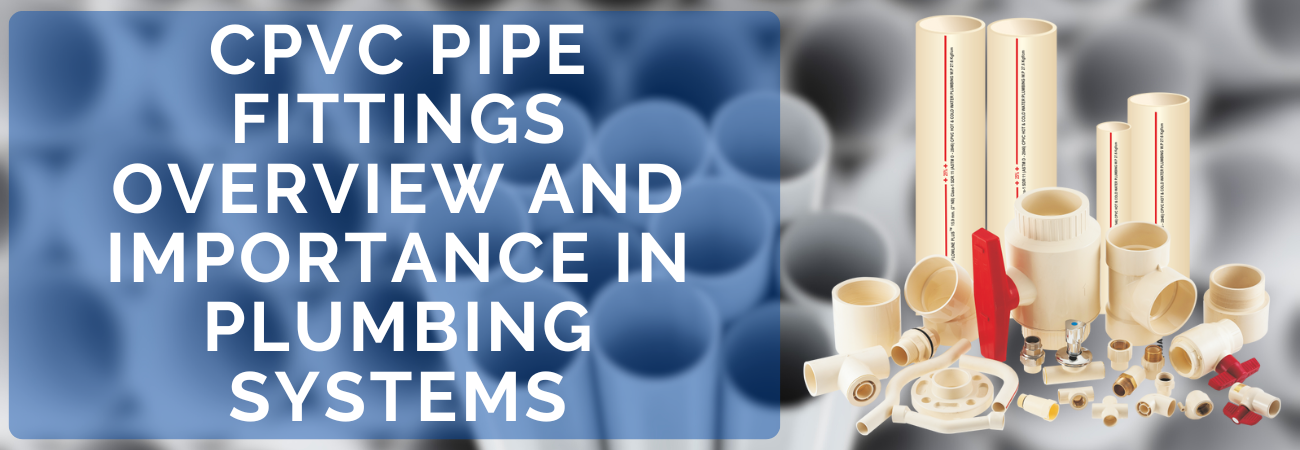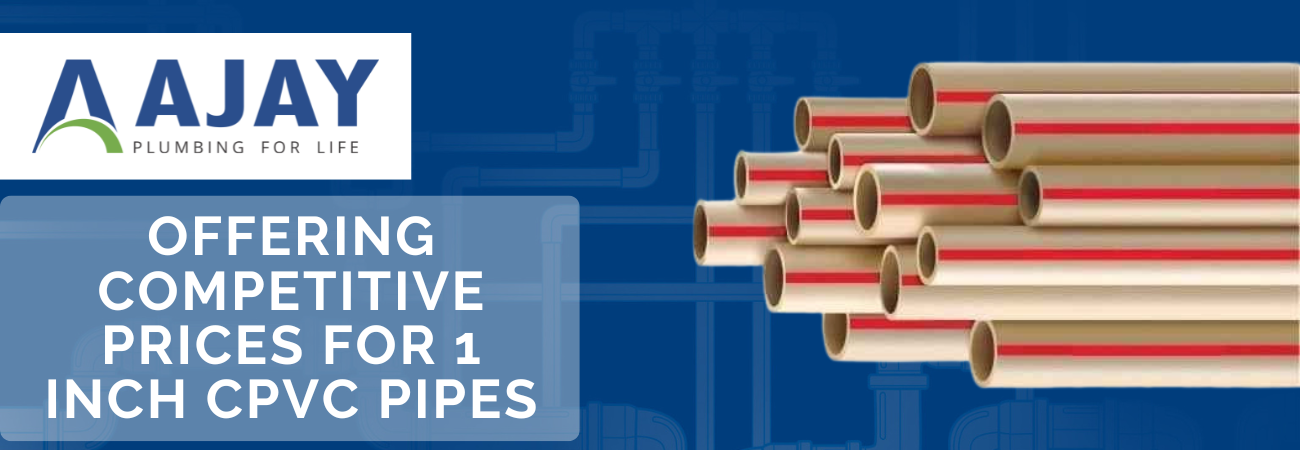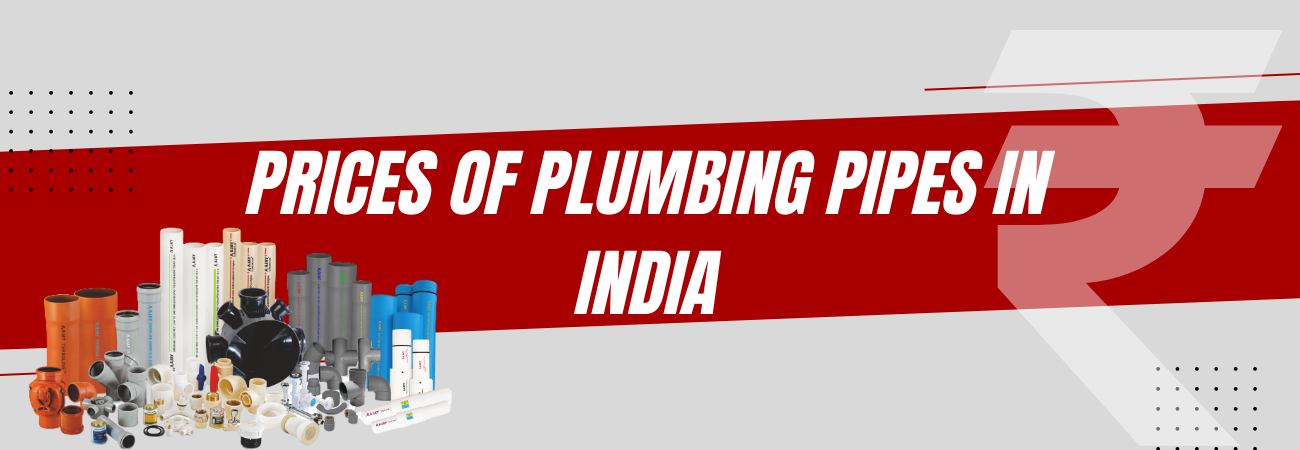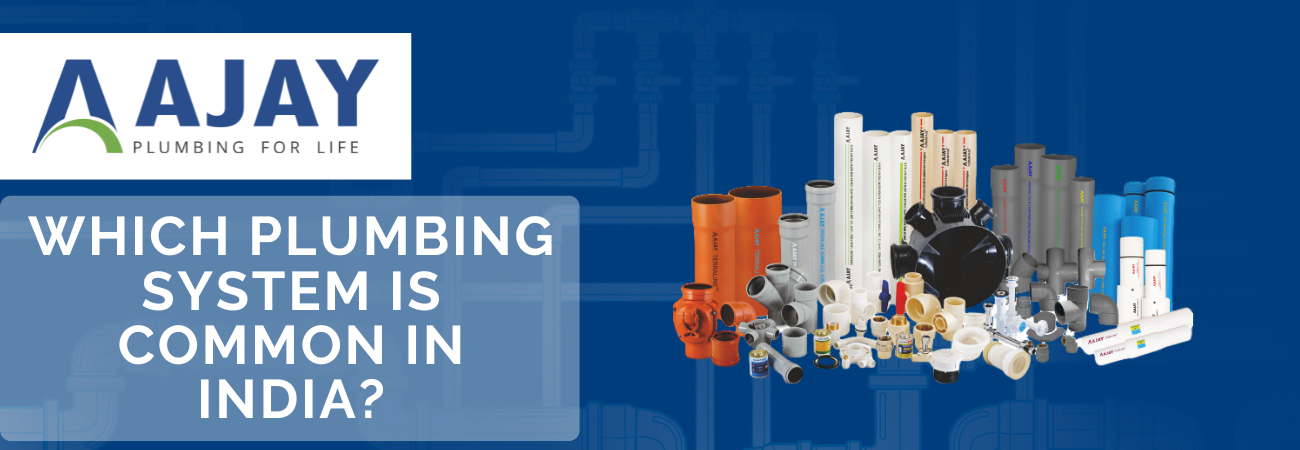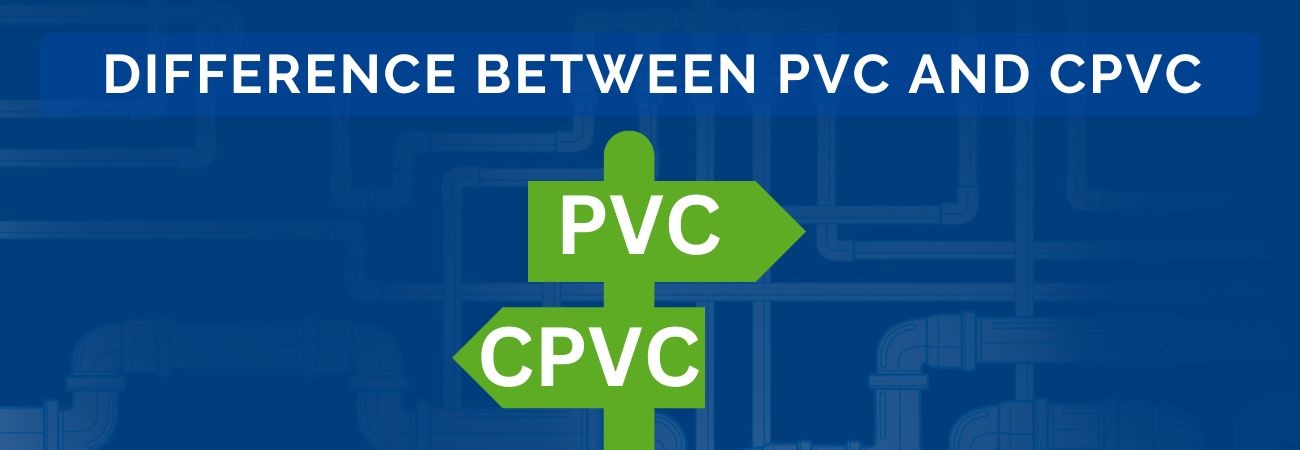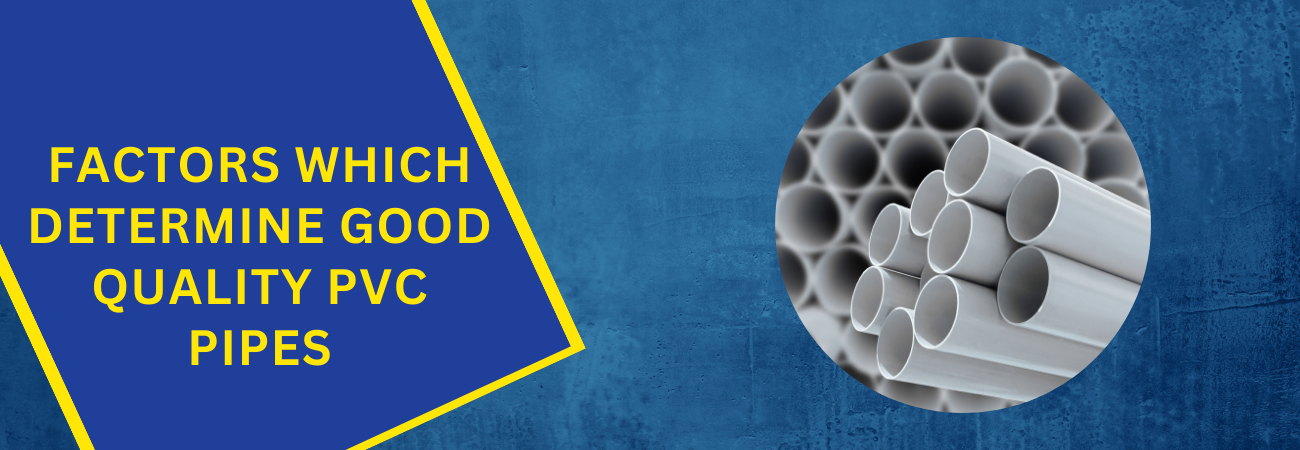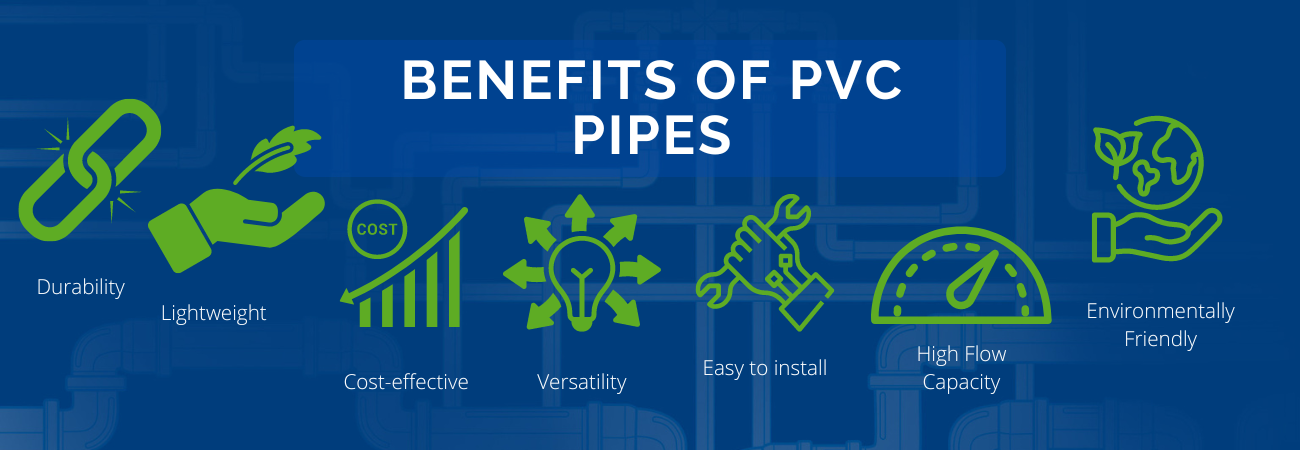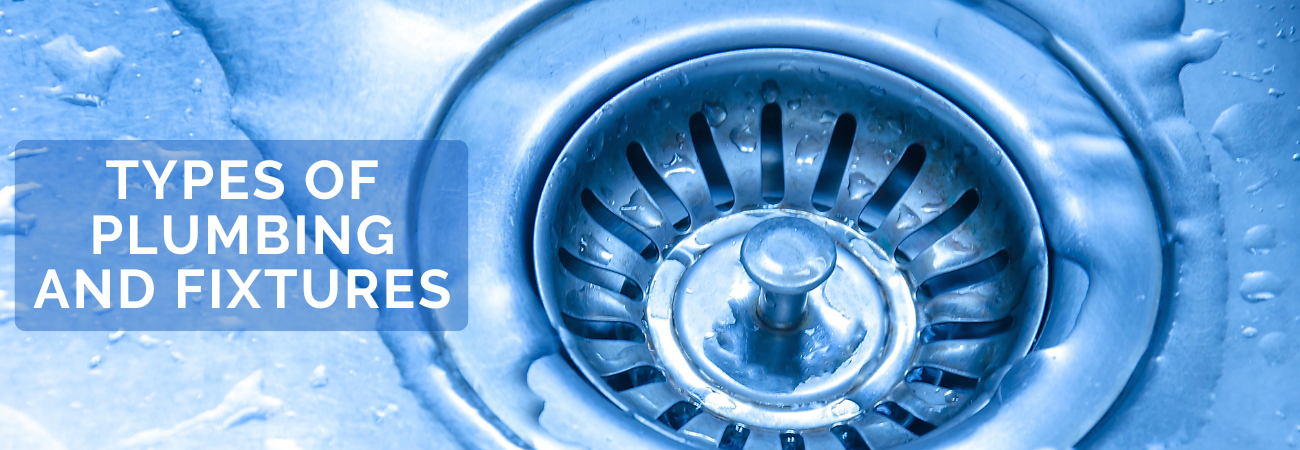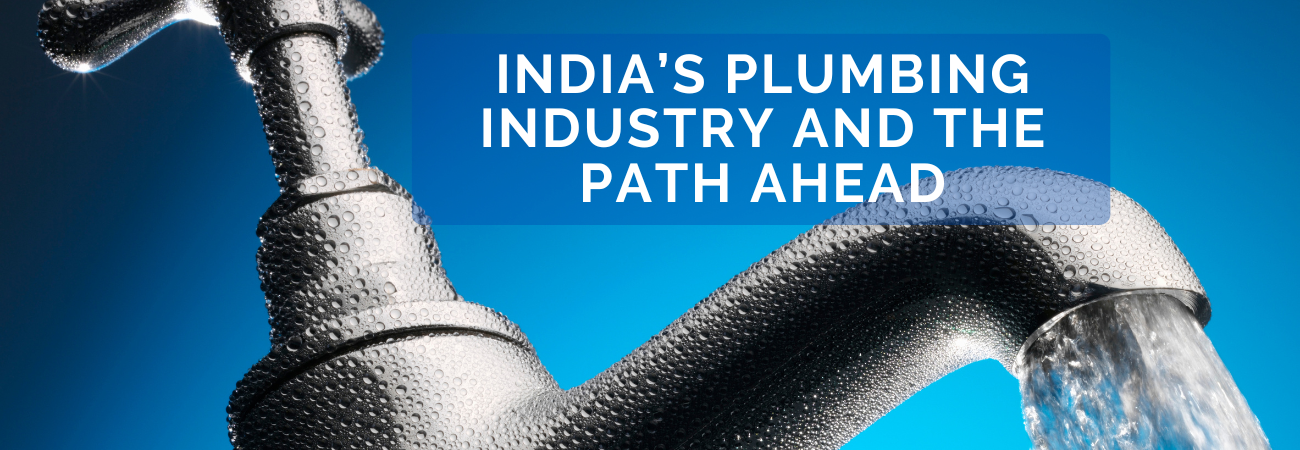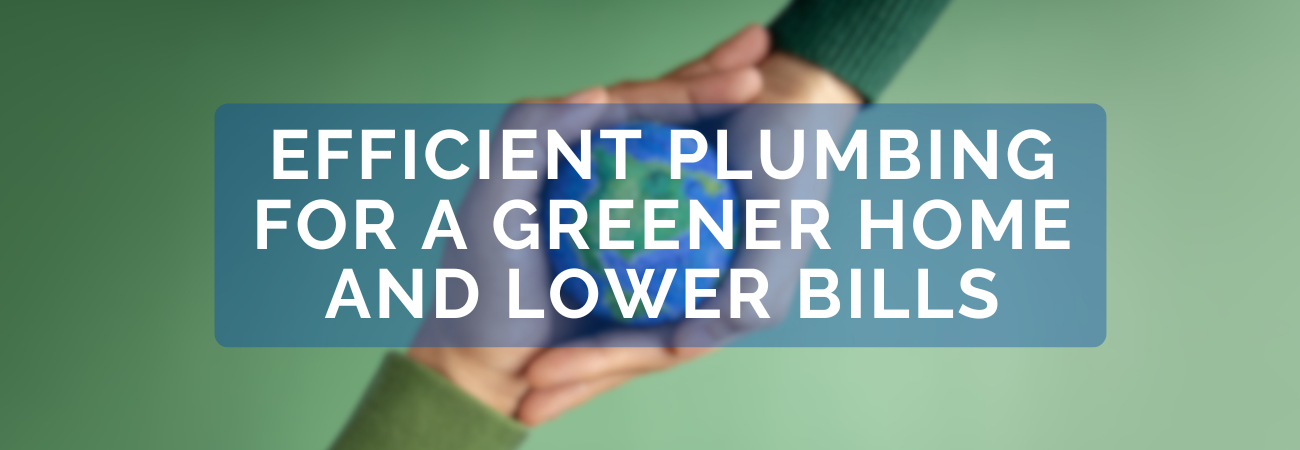Introduction
Plumbing systems are crucial for any building, ensuring the proper flow of water and waste. A well-functioning system relies on high-quality components like the PVC connection pipe, drainage pipe, pipe connectors, and pipe couplings. These elements work together to maintain efficient water supply and waste management. This guide will explain the functions, benefits, and applications of these components, helping you make informed decisions when installing or upgrading plumbing systems.
What is a PVC Connection Pipe?
A PVC connection pipe is a type of plastic piping made from polyvinyl chloride (PVC). It is commonly used in plumbing systems for delivering water and transporting waste. The popularity of PVC pipes is due to their durability, cost-effectiveness, and ease of installation.
PVC pipes are resistant to corrosion, making them ideal for long-term use in residential, commercial, and industrial plumbing. They are also lightweight, making transportation and handling easier, reducing labor costs during installation. PVC pipes can handle various pressures, making them suitable for different applications such as water supply lines, drainage systems, and venting.
The Role of Drainage Pipes in Plumbing Systems
While PVC connection pipes are vital for water supply, drainage pipes play an equally important role in removing wastewater from homes and buildings. Drainage pipes are designed to carry waste away from kitchens, bathrooms, and other areas to either the sewer system or a septic tank. They ensure that wastewater is efficiently removed without causing leaks, blockages, or environmental contamination.
PVC drainage pipes are particularly popular because they resist corrosion and wear caused by chemicals and waste materials. They also have a smooth inner surface, reducing the likelihood of clogs. Drainage pipes are essential for the proper function of any plumbing system, ensuring that waste is safely transported out of the building.
Why Use PVC Pipes for Drainage Systems?
There are many reasons why PVC is the preferred material for drainage pipes:
- Lightweight: PVC pipes are easier to transport and install than traditional metal pipes.
- Durable: They are resistant to corrosion, chemical damage, and rust, ensuring long-term reliability.
- Cost-Effective: PVC pipes are more affordable compared to alternatives like metal, making them a popular choice for large-scale projects.
Environmentally Friendly: PVC can be recycled, reducing waste and promoting sustainability.
Pipe Connectors Essential for Seamless Piping Systems
Pipe connectors are critical components used to join different sections of pipe. They ensure that water or waste can flow continuously from one part of the system to another. Whether you are connecting two PVC pipes, extending a pipe, or joining pipes of different sizes, connectors are essential for creating a cohesive plumbing network.
There are several types of pipe connectors, each designed for specific applications:
- Elbow Connectors: These connectors change the direction of a pipe, often used in corners or turns.
- T-Connectors: These are used when a pipe needs to branch off into two directions.
- Reducer Connectors: These join pipes of different sizes, ensuring a smooth transition from one diameter to another.
When choosing a pipe connector, it’s important to ensure that it is compatible with the type and size of the pipe being used. Poor-quality or incorrectly fitted connectors can cause leaks, which may lead to water damage or system failure.
Pipe Coupling A Vital Element for Secure Pipe Connections
Pipe couplings are used to join two pipes together, creating a secure and leak-proof connection. Unlike connectors, which often change the direction or size of the pipe, couplings are typically used to extend the length of a pipe or repair a broken section.
Pipe couplings come in various types, depending on the specific application:
- Rigid Couplings: These provide a permanent connection between two pipes. They are often used in systems where no movement or flexibility is required.
- Flexible Couplings: These are designed to allow some movement between pipes, making them ideal for systems that may shift due to environmental factors like ground movement.
- Compression Couplings: These allow for easy connection and disconnection, making them useful for temporary systems or when pipes need to be replaced frequently.
Selecting the correct type of pipe coupling is essential to maintaining the integrity of the plumbing system. A poor fit or improper material can result in leaks, reduced water pressure, or damage to the pipes.
Benefits of PVC Connection Pipe in Plumbing Systems
The advantages of using PVC connection pipe in plumbing systems are numerous:
- Durability: PVC pipes are highly resistant to corrosion, rust, and chemicals, ensuring long-lasting performance.
- Affordability: PVC is significantly cheaper than other materials like copper or steel, making it a budget-friendly option for large and small plumbing projects alike.
- Ease of Installation: The lightweight nature of PVC pipes makes them easier to handle and install, reducing labor costs and installation time.
- Low Maintenance: Once installed, PVC pipes require very little maintenance. They are resistant to the wear and tear that affects other materials, which means fewer repairs and replacements over time.
Versatility: PVC pipes are suitable for a variety of plumbing applications, from water supply lines to drainage systems.
Common Issues and Maintenance Tips for PVC Pipes
Despite their durability, PVC pipes can encounter issues like any other plumbing material. The most common problems include leaks, clogs, and wear and tear over time. However, with proper maintenance, these issues can be minimized, ensuring the longevity of your PVC piping system.
Here are some maintenance tips to keep your PVC plumbing system in top condition:
- Regular Inspections: Routinely check your pipes for signs of wear, leaks, or cracks. Early detection of problems can prevent more extensive damage down the line.
- Clean Drainage Pipes: Regular cleaning of drainage pipes can prevent clogs and blockages, ensuring that wastewater flows freely out of the system.
- Proper Installation: Ensure that all pipe connectors and couplings are installed correctly. This will prevent leaks and maintain the integrity of the plumbing system.
- Avoid Excessive Heat: PVC pipes can warp or melt when exposed to extremely high temperatures. Make sure to use pipes that are rated for the temperature of the water in your system, especially if you are dealing with hot water lines.
- Protect Pipes from Physical Damage: Avoid using sharp tools or excessive force when working with PVC pipes, as this can cause damage that may result in leaks or bursts.
For any queries, contact the plumbing experts at Ajay pipes on the Toll Free No. : 1800-11-4050 or via email at our email address info@ajaypipes.com

